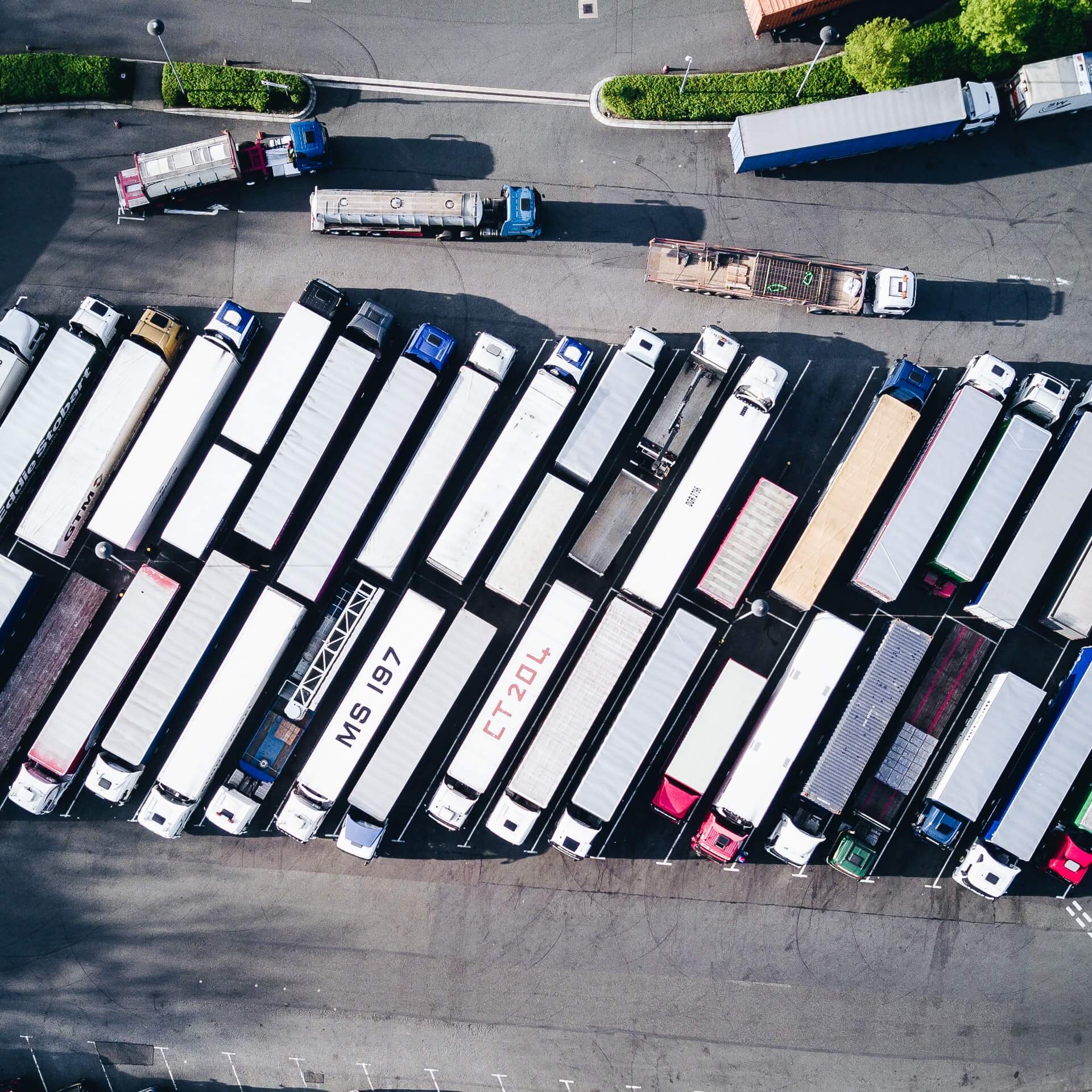Freight transportation is complex. There are many moving parts involved in the process; in most cases, time is of the essence. Therefore, logistics companies must search for the perfect strategies and the right partners to ensure high-quality services.
Transportation companies must know that many things could go wrong with the transportation process. There may be infrastructure, regulatory or operational issues, and companies must know all about them to fix them quickly.
Top freight transportation issues
- Communication
Communication is one of the most common issues in freight transportation, even though it can be avoided easily. In many cases, communication is overlooked because it’s seen as something that happens naturally, and here’s where the issues arise. Things that must have been communicated were not because of an oversight.
Why is communication so important? Simply put, it’s the only way you’ll be able to set clear expectations and avoid overcommitting.
To avoid these issues, it’s critical to standardize the communication process. This way, you’ll ensure that relevant information is not lost. There are many steps to take to deliver the freight. From the first step or that initial contact with your customer, you must provide effective channels of communication that ensure information is delivered satisfactorily.
- Delays
If your company’s processes are not entirely established, if you don’t plan ahead considering many different negative scenarios, or you lack overall experience, you’ll probably have delays. Naturally, there are elements you won’t be able to control, for instance, the weather or traffic jams. But with all the tech advancements the transportation industry is implementing within its processes, you’ll be able to be attentive to weather forecasts and how the traffic is moving so you can plan your routes accordingly.
There are other stages of the transportation process than can be controlled to ensure the delivery of the freight on time. As a reliable logistics partner for your customers, you must ensure that everything runs smoothly at every step. This can only be accomplished if you understand how the industry works and apply your experience when planning your entire transportation process.
- Visibility
As mentioned before, being able to communicate effectively is essential. But it’s more critical to know what to communicate. There are many data points within the entire process, but there is some specific information that the customer will require that will allow them to plan their operations correctly. Here’s where visibility comes into play.
There are now many TMSs that allow companies to showcase their entire process on a platform that’s easy to use and helps clients get the information they need with just a couple of clicks. Having this type of software avoids miscommunications and time spent looking for data.
- Truck allocation
Another significant issue is truck allocation. Having the trucks where you need them to be is essential to ensure you fulfill your clients’ needs. But in many cases, trucks are not where they should be because of inaccurate planning. Logistics companies must understand how the market is moving and where they’ll need more capacity.
These are just some freight transportation issues companies face daily, which must be assessed correctly to ensure a seamless process. Communicating effectively, planning ahead, creating visibility, and ensuring correct truck allocation are just some ways you’ll ensure your clients are satisfied with your service, increasing the chances of repeat business.
